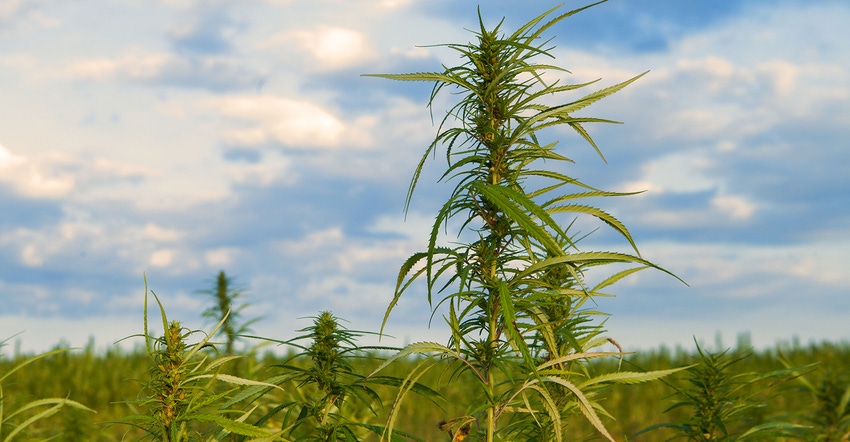As the hemp movement transforms into a cutting edge industry, Bob Hoban, Justin Prochnow, Todd Runestad and Michelle Zerbib discuss which best practices to adopt while the Drug Enforcement Agency (DEA) and Congress struggle to define whether hemp is legal or illegal and develop regulations and standards for CBD products.
May 8, 2018

“The uncertainty and the misinformation, or lack of education, is the primary problem with this industry in its infancy in the legal state.”
—Bob Hoban, Hoban Law Group
Part 1: The issues surrounding hemp legalization
Highlights:
The Drug Enforcement Agency (DEA) and Congress have gone back and forth since the 1990s on how to legally define industrial hemp as a crop.
The Food and Drug Administration (FDA) needs to clarify how and what are considered best practices around using CBD, but it won’t be able to do that until Congress and the DEA define CBD as a dietary ingredient and instead of a Schedule IV drug.
FDA Guidance is an opinion, not a law, but uninformed people consider it a law.
-----
Part 2: Claims and regulations
Highlights:
Claims are always on the product formula and how much is in the product.
It’s all about wordsmithing, but always leave disease claims out.
Testimonials and “liked” social media posts can be viewed as “implied claims” because they are a measurement of a company’s true intent.
How do you respond to an FDA warning letter?
Understanding which part of the plant CBD is derived from determines whether or not you are within regulation.
Be professional. Make sure you are following best practices for the product you are selling, regardless of whether it contains CBD.
-----
Part 3: Q&A
Highlights:
Can retailers and manufacturers protect themselves from excessive scrutiny by showing that the CBD was hemp-derived and the product only contains 0.3 percent THC content?
What are legal rules around hemp extract vs. CBD? What is the safest bet on the label?
What are the regulations for shipping across state lines?
Are hemp derivatives on the GRAS list?
Do you anticipate a further refinement of “full spectrum” as it relates to the extraction process and definition of ingredients?
Are topical applications less subject to regulations because they fall into the cosmetics category?
What was the status of selling CBD as a dietary supplement before Dietary Supplement Health and Education Act (DSHEA) and is it DSHEA compliant?
This session—Lawyers, Guns and Money: Legal and Regulatory Issues—was recorded at Natural Products Expo West 2018.
About the Author(s)
You May Also Like


